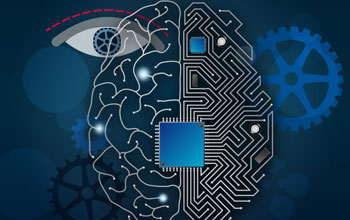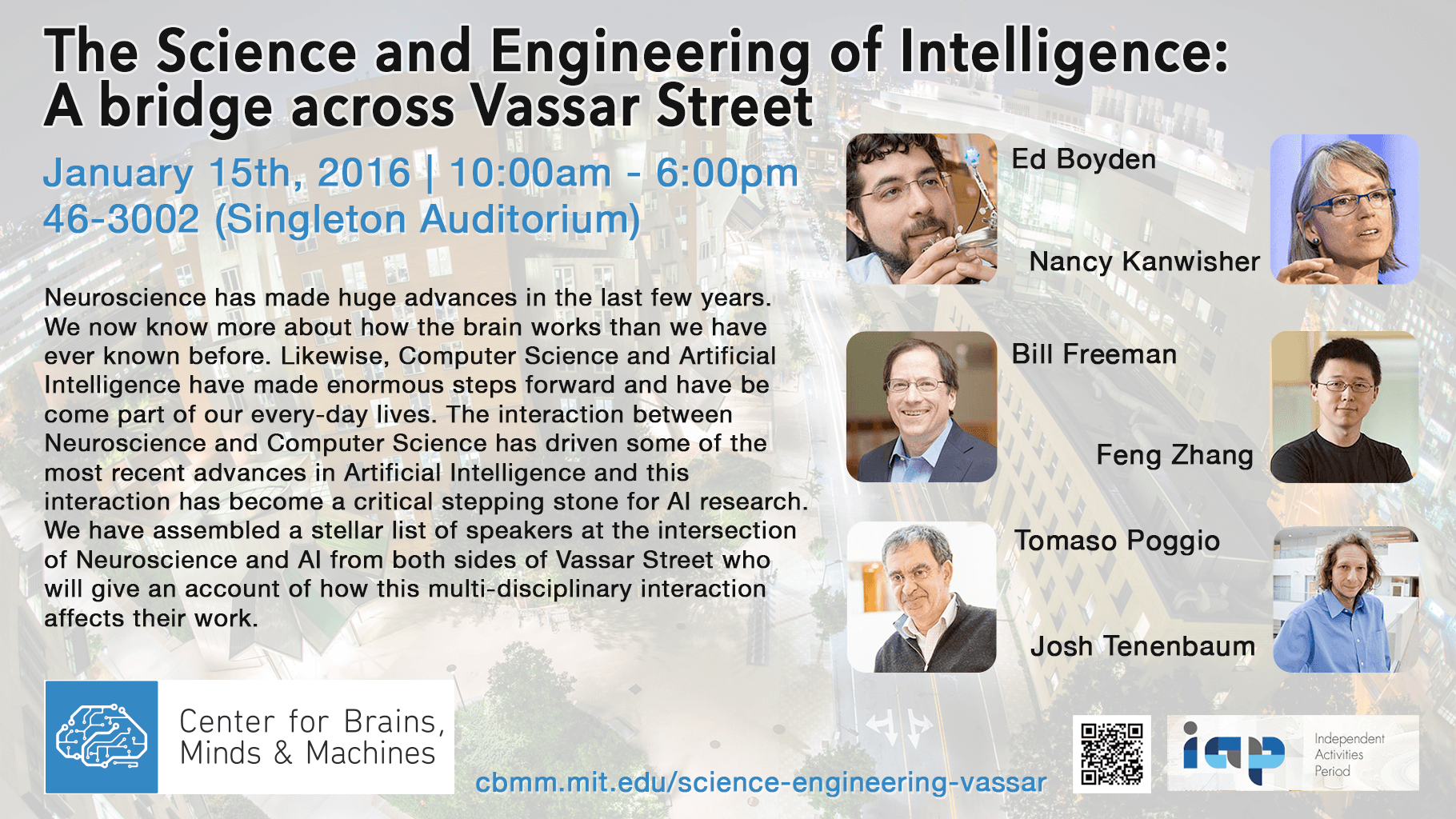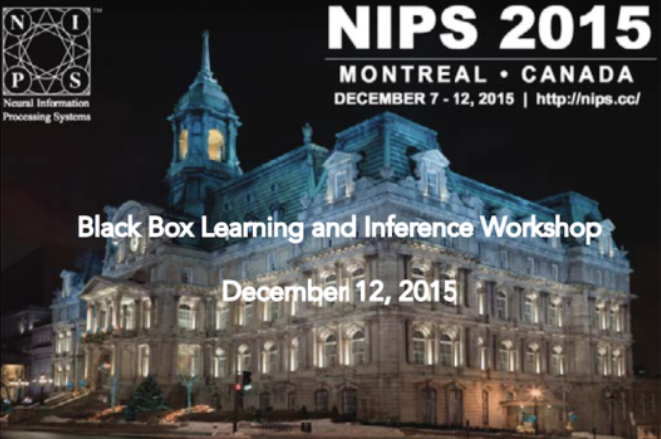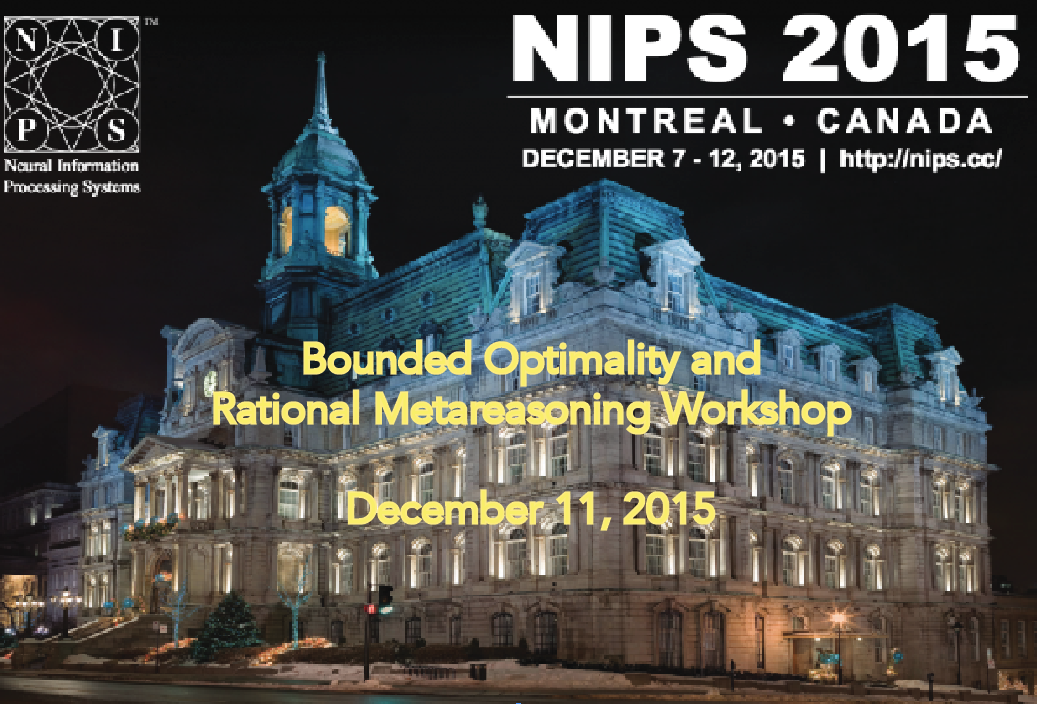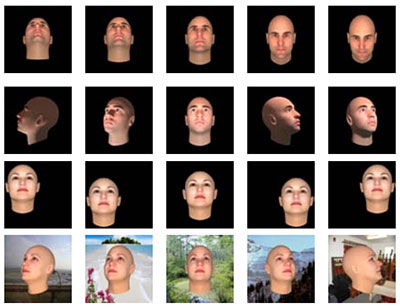Feb 29, 2016 - 9:45 am Venue:
Snowbird, UT Address:
9600 Little Cottonwood Canyon Rd, Sandy, UT 84092
Organizers: Costas Anastassiou, Gabriel Kreiman and Stephanie Jones
Oscillatory activities such as theta (~4-8 Hz), alpha (~7-14Hz), beta (~12-30 Hz) or gamma (~30-80 Hz) have been hypothesized to coordinate neural functioning within and across brain areas. Flexible cooperation among local and distant cell assemblies is thought to underlie the efficacy of cortical performance and, as such, is an essential ingredient of cognition. What are the underlying neural mechanisms supporting such oscillations and how do these mechanisms dictate characteristics of rhythmic activity? How do rhythms manifest in terms of recorded signals and associated time series? How are the rhythms correlated with behavior and are they causally important? More specifically, oscillations are typically monitored via extracellular voltage (Ve) recordings (either from an individual location or from multiple locations). Understanding the link between sub-cellular, cellular and circuit dynamics giving rise to Ve-signals expressing such oscillations is paramount towards understanding how the biophysics underlying rhythms ultimately impact behavior. In this workshop we seek to address how the brain elicits oscillations at the cellular and circuit level, how these mechanisms translate to recorded signals, and how such oscillations give rise to high-level functioning.
This topic is very timely as in the last decade or so new technologies such as high-density silicon probes and 2-photon imaging have allowed concurrent monitoring of hundreds or even thousands of neurons in living and behaving animals. As such, we have entered an era where mechanisms of communication within and across brain areas can be interrogated at their cellular level – oscillations and rhythmic activity are a primary candidate for obtaining such network communication. Based on the aforementioned our goal is to organize a workshop bringing together worldwide experts to discuss the origin and function of oscillations given the newest findings and technologies. To the best of our knowledge, there has been no COSYNE-workshop in the past dealing with this subject and, thus, we expect a large audience. Furthermore, we strived to invite speakers of different backgrounds (theoretical, computational and experimental) whose research interests cover a range of scales (micro, meso and macro) and levels of description (bottom-up, top-down, etc.) We firmly believe that this workshop will be an important contribution and of interest to participants of a range of backgrounds interested to find out about brain oscillations and associated signals but also mechanisms of communication useful to the brain, in general.
Oscillatory activities such as theta (~4-8 Hz), alpha (~7-14Hz), beta (~12-30 Hz) or gamma (~30-80 Hz) have been hypothesized to coordinate neural functioning within and across brain areas. Flexible cooperation among local and distant cell assemblies is thought to underlie the efficacy of cortical performance and, as such, is an essential ingredient of cognition. What are the underlying neural mechanisms supporting such oscillations and how do these mechanisms dictate characteristics of rhythmic activity? How do rhythms manifest in terms of recorded signals and associated time series? How are the rhythms correlated with behavior and are they causally important? More specifically, oscillations are typically monitored via extracellular voltage (Ve) recordings (either from an individual location or from multiple locations). Understanding the link between sub-cellular, cellular and circuit dynamics giving rise to Ve-signals expressing such oscillations is paramount towards understanding how the biophysics underlying rhythms ultimately impact behavior. In this workshop we seek to address how the brain elicits oscillations at the cellular and circuit level, how these mechanisms translate to recorded signals, and how such oscillations give rise to high-level functioning.
This topic is very timely as in the last decade or so new technologies such as high-density silicon probes and 2-photon imaging have allowed concurrent monitoring of hundreds or even thousands of neurons in living and behaving animals. As such, we have entered an era where mechanisms of communication within and across brain areas can be interrogated at their cellular level – oscillations and rhythmic activity are a primary candidate for obtaining such network communication. Based on the aforementioned our goal is to organize a workshop bringing together worldwide experts to discuss the origin and function of oscillations given the newest findings and technologies. To the best of our knowledge, there has been no COSYNE-workshop in the past dealing with this subject and, thus, we expect a large audience. Furthermore, we strived to invite speakers of different backgrounds (theoretical, computational and experimental) whose research interests cover a range of scales (micro, meso and macro) and levels of description (bottom-up, top-down, etc.) We firmly believe that this workshop will be an important contribution and of interest to participants of a range of backgrounds interested to find out about brain oscillations and associated signals but also mechanisms of communication useful to the brain, in general. - See more at:
http://klab.tch.harvard.edu/academia/conferences/Cosyne_Workshop_2016.ht...Oscillatory activities such as theta (~4-8 Hz), alpha (~7-14Hz), beta (~12-30 Hz) or gamma (~30-80 Hz) have been hypothesized to coordinate neural functioning within and across brain areas. Flexible cooperation among local and distant cell assemblies is thought to underlie the efficacy of cortical performance and, as such, is an essential ingredient of cognition. What are the underlying neural mechanisms supporting such oscillations and how do these mechanisms dictate characteristics of rhythmic activity? How do rhythms manifest in terms of recorded signals and associated time series? How are the rhythms correlated with behavior and are they causally important? More specifically, oscillations are typically monitored via extracellular voltage (Ve) recordings (either from an individual location or from multiple locations). Understanding the link between sub-cellular, cellular and circuit dynamics giving rise to Ve-signals expressing such oscillations is paramount towards understanding how the biophysics underlying rhythms ultimately impact behavior. In this workshop we seek to address how the brain elicits oscillations at the cellular and circuit level, how these mechanisms translate to recorded signals, and how such oscillations give rise to high-level functioning.
This topic is very timely as in the last decade or so new technologies such as high-density silicon probes and 2-photon imaging have allowed concurrent monitoring of hundreds or even thousands of neurons in living and behaving animals. As such, we have entered an era where mechanisms of communication within and across brain areas can be interrogated at their cellular level – oscillations and rhythmic activity are a primary candidate for obtaining such network communication. Based on the aforementioned our goal is to organize a workshop bringing together worldwide experts to discuss the origin and function of oscillations given the newest findings and technologies. To the best of our knowledge, there has been no COSYNE-workshop in the past dealing with this subject and, thus, we expect a large audience. Furthermore, we strived to invite speakers of different backgrounds (theoretical, computational and experimental) whose research interests cover a range of scales (micro, meso and macro) and levels of description (bottom-up, top-down, etc.) We firmly believe that this workshop will be an important contribution and of interest to participants of a range of backgrounds interested to find out about brain oscillations and associated signals but also mechanisms of communication useful to the brain, in general. - See more at:
http://klab.tch.harvard.edu/academia/conferences/Cosyne_Workshop_2016.ht...Host Workshop Website
CBMM Workshop Website




